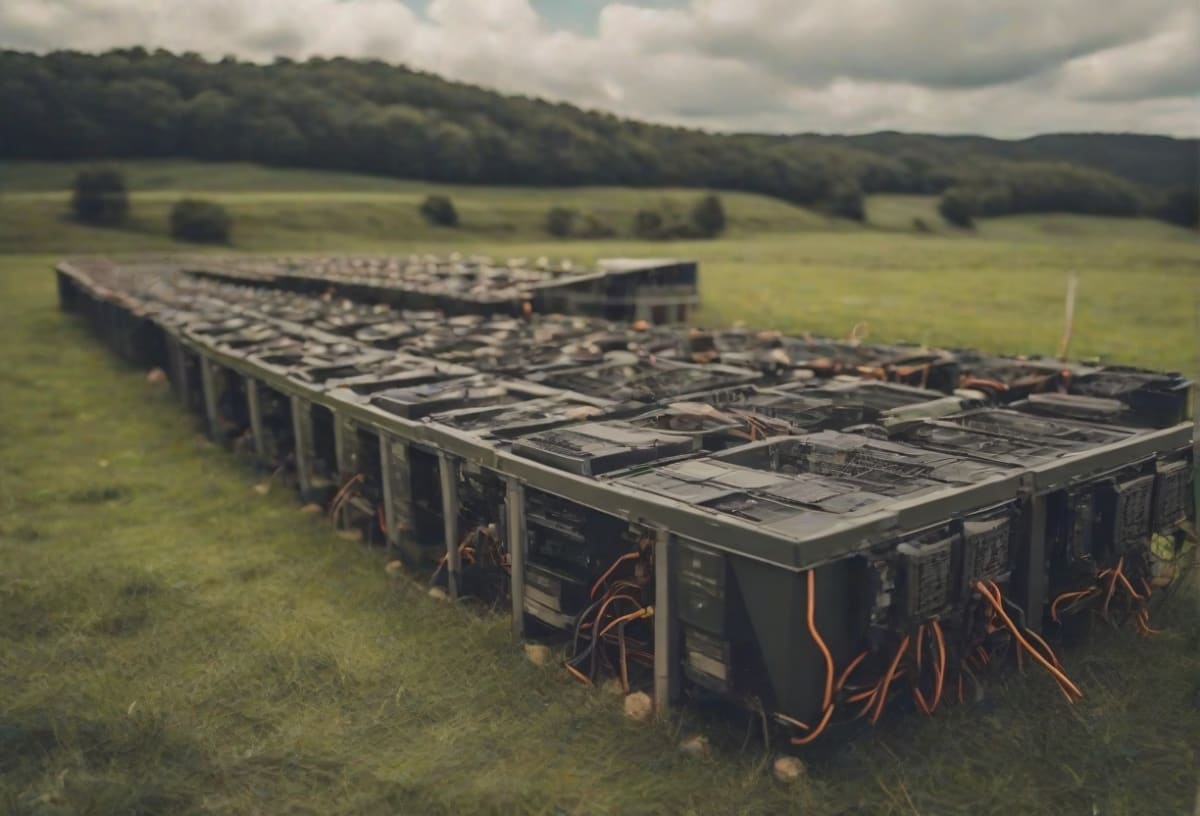[ad_1]

EU leaders failed to issue a joint statement on the Israel/Gaza war at their summit in Brussels on Friday (15 December), despite shared views on what should happen after the conflict ends.
There was no statement due to disagreement on whether to call for a ceasefire, as shown also in a UN vote earlier this week.
“I’m supposed to represent a common position, but there is no common position,” said EU foreign-affairs chief Josep Borrell on Thursday, ahead of the meeting with EU leaders.
As the UN vote showed, a few member states have changed their minds about the call for “an immediate humanitarian ceasefire” in Gaza, since the previous meeting of EU leaders in October where Spain was mainly isolated on strong wording about the war.
“In the UN, we were not united as the European Union,” Estonian prime minister Kaja Kallas told reporters in Brussels.
In total, 17 out of 27 voted in favour of the UN resolution, with Cyprus, Denmark, Estonia, Finland, Greece, Latvia, Poland, and Sweden not abstaining this time but backing the call for a ceasefire.
Austria and the Czech Republic voted against a ceasefire.
“I’m not sure we can reach agreement on the use of the word ceasefire, but I do think we’ll see the EU’s position move considerably from where it was in October,” said Ireland’s Leo Varadkar ahead of the EU summit.
“We now have a majority of countries here in the European Union calling for a ceasefire,” he said.
Israel and its EU friends say that a ceasefire would prevent Israel from pursuing Hamas, the group which rules Gaza and which attacked Israel on 7 October.
But Varadkar added: “You can pursue terrorists without engaging in the kind of war and destruction that Israel is engaging in”.
When talking about differences between EU countries’s thinking, French president Emmanuel Macron said: “I think our objectives are shared; security of Israel, the peace and security of the region and the defence of international humanitarian rights.”
And ceasefire differences aside, there is a growing consensus in the EU about how to approach the situation after the conflict.
Sign up for EUobserver’s daily newsletter
All the stories we publish, sent at 7.30 AM.
By signing up, you agree to our Terms of Use and Privacy Policy.
European Commission president Ursula von der Leyen on Friday said that “there cannot be a mid- or long-term Israeli security presence” in Gaza.
“There can be no peace unless there is the prospect of a political solution both for Israelis and Palestinians and this is the two-state solution,” she also said, pointing out that a “reformed” Palestinian authority must be able to govern in both West Bank and Gaza.
She spoke against the forced displacement of Palestinians from Gaza, but also highlighted that “Gaza cannot be a safe haven for Hamas”.
Meanwhile, the leaders of Belgium, Spain, Ireland, and Malta sent a letter to EU Council president Charles Michel last week saying the EU should go further on measures to protect civilians, the political agreement on the two-state solution, and the immediate call for a ceasefire.
“The credible prospect of recognition of a Palestinian state alongside the state of Israel is the basis for progress towards mutual recognition, peace and security in the region,” reads the letter, dated 8 December.
The four EU leaders warn that there can be no return to the status quo before 7 October and that more financial and political support was needed for the Palestinian authorities to take control of Gaza.
“The two-state solution is the only path allowing Israelis and Palestinians to live in peace with each other,” German chancellor Olaf Scholz also said at the end of the summit in Brussels.
To date, at least 18,000 Palestinians have been killed since 7 October, according to Gaza health ministry figures. Hamas killed some 1,200 Israelis.
Since the war started, Europe has organised 28 humanitarian flights to deliver 1,200 tonnes of humanitarian aid to the war zone.
[ad_2]
Source link



















